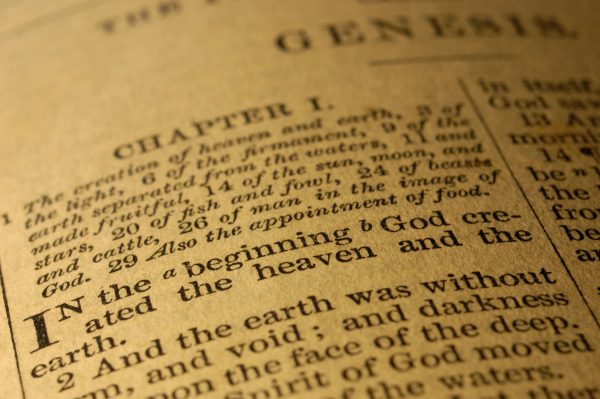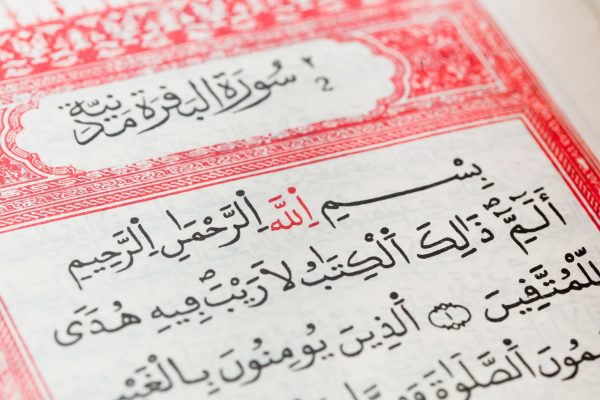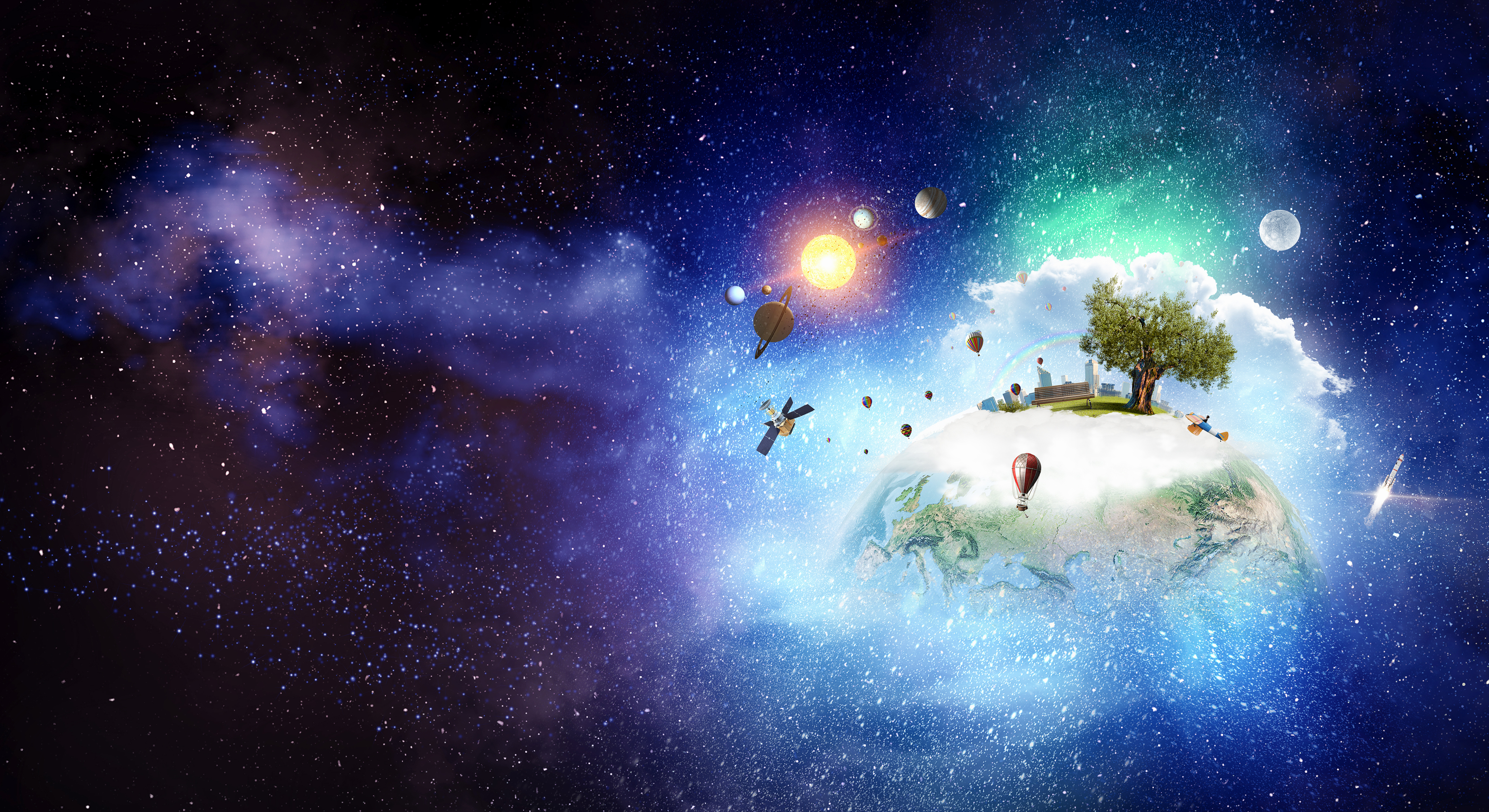The story of Creation is located in the first Book of the Old Testament, i.e. in the early chapters of Genesis. The Old Testament narrative is almost like a storybook ; hence it starts off with the story of Creation as the beginning of the story of mankind. The Qur’an gives a different presentation to its idea and message with regard to the story of Creation. The story of Creation is located in various places within the Qur’an, such as in Sura’ Al-Baqarah, Sura’ As-Sajdah, Sura’ Yassin and so on.

The Old Testament relates the story about God creating the earth and man in six days (Genesis, 1) and that God took a rest on the seventh day (Genesis, 1 – 3). The Qur’an also mentions that the Creation takes place within “six days“
The Old Testament creation story relates specifically to what God created on each day of Creation. On the first day, God created the heaven and the earth with light and darkness, which is mentioned as the day and the night. This happened even before God created the sun and the moon ! On the second day, God created the sky and the oceans. On the third day, God gave the earth life. Then, in the following days, God created the sun and the moon, followed by the fishes and birds and the wild animals, reptiles and cattle. Finally, God created man (Genesis, 1).
This sequence of the creation story in the Bible certainly has several scientific problems with it ; the most glaring being the account of the creation of plants before the creation of the sun, which is contrary with what we know about science today.
In contrast to the Bible, the Qur’an does not have any contradiction with established sciences and common human sense. What appears to be fundamental importance in the matter is that the Holy Qur’an does not mention specifically the sequence of Creation or the manner in how God created the world. In Sura’ Yassin, verse 33, we are told that God gave life to the earth that is dead, without mentioning on which day it had happened.
“A sign for them is the earth that is dead : We do give it life, and produce grain therefrom, of which ye do eat.” (Qur’an, 36:33)

There is also absolutely fundamental data concerning the existence of an initial gaseous mass (dukhan) which is unique and whose elements, although at first fused together (ratq) subsequently became separated (fatq).
This is expressed in Sura’ Fussilat :
“Then turned He to the heavens when it was smoke.” (Qur’an, 41:11)
And the same is expressed in Sura’ al-Anbiya’:
“Do not the Unbelievers see that the heavens and the earth were joined together [as one unit of creation] before We clove them asunder?” (Qur’an, 21:30)
All this is in perfect agreement with modern ideas on the existence of primary nebula and the process of secondary events that have formed the initial unique mass ; this separation (known as the Big Bang) resulted in the formation of galaxies and then, when these divided, of stars from which the planets were to be born.
All these information are distinguishable from the creation story in the Bible in reference to the Biblical text with its successive phases that are totally unacceptable.
Regarding the creation of Adam(P), the Old Testament informs us that God invited the angels to join Him in creating man. In fact, God was quoted to have said :
“Let us make a man, someone like ourselves…” (Genesis, 1:26)
However, in the Qur’an God Almighty informed the angels that He would create man without asking for the angels’ approval to join him. And further, there is a conversation between God and His angels where the angels questioned why would God want to create man and He answered :
“I know what you do not know.” (Qur’an, 2:30)
Furthermore, the Old Testament says that God made Adam(P) in His image or “like his Maker” (Genesis, 1:27). The Qur’an is in agreement with the Jewish and Christian views in this aspect (Qur’an, 15:29), but also stresses that Adam(P) was made from clay (Ar-Rahman : 14, Al-Hijr : 28). Only later in the Old Testament do we see that this is mentioned,
“God formed a man’s body from the dust of the ground.” (Genesis, 2:7)
The Qur’an and the Old Testament creation stories are similar in the case of God appointing Adam(P) as His representative on the earth. But the Qur’an has made clearer this statement than the Old Testament, more so when God said to His angels that He wants to create a vicegerent (khalifah) on the earth (Al-Baqarah : 30, Genesis, 1:26). This status did not change even when Adam(P) committed a misdeed, repented and was forgiven for it. (Qur’an, 2:37). Man is not “fallen” from the Qur’anic perspective and hence there is no need to “save” or ransom him. In the Christian view, however, Adam’s(P) misdeed is the basis for the doctrine of Original Sin, the beginning of mankind’s fall into a state of sin, a flowing from faith in a salvic drama that happened in the past.
In conclusion, the Old Testament contains a collection of literary works produced over the centuries by unknown authors who had considerable influence in the actual composition of the text.
The Qur’anic revelation has a history that is in total contrast to the Bible and was preserved both orally and in writing during the lifetime of the Prophet Muhammad(P) himself. Therefore the Qur’an does not pose any problem of authenticity as a Revelation from God Almighty and this is why its story of Creation remains consistent with modern scientific knowledge.
And only God knows best. 


